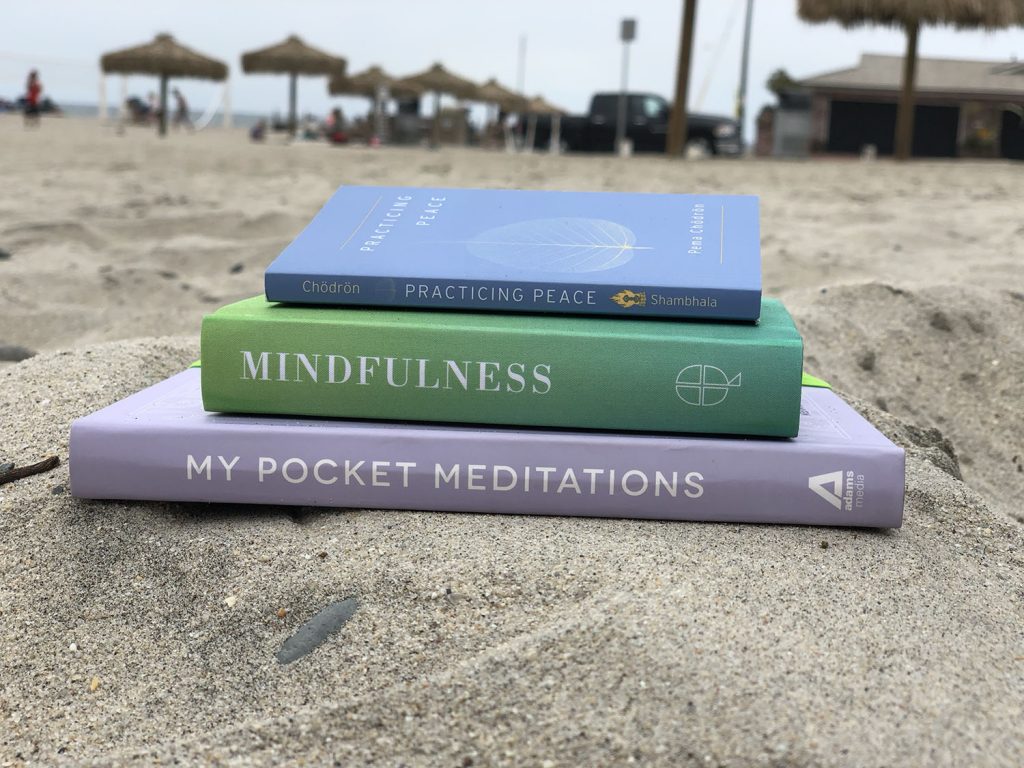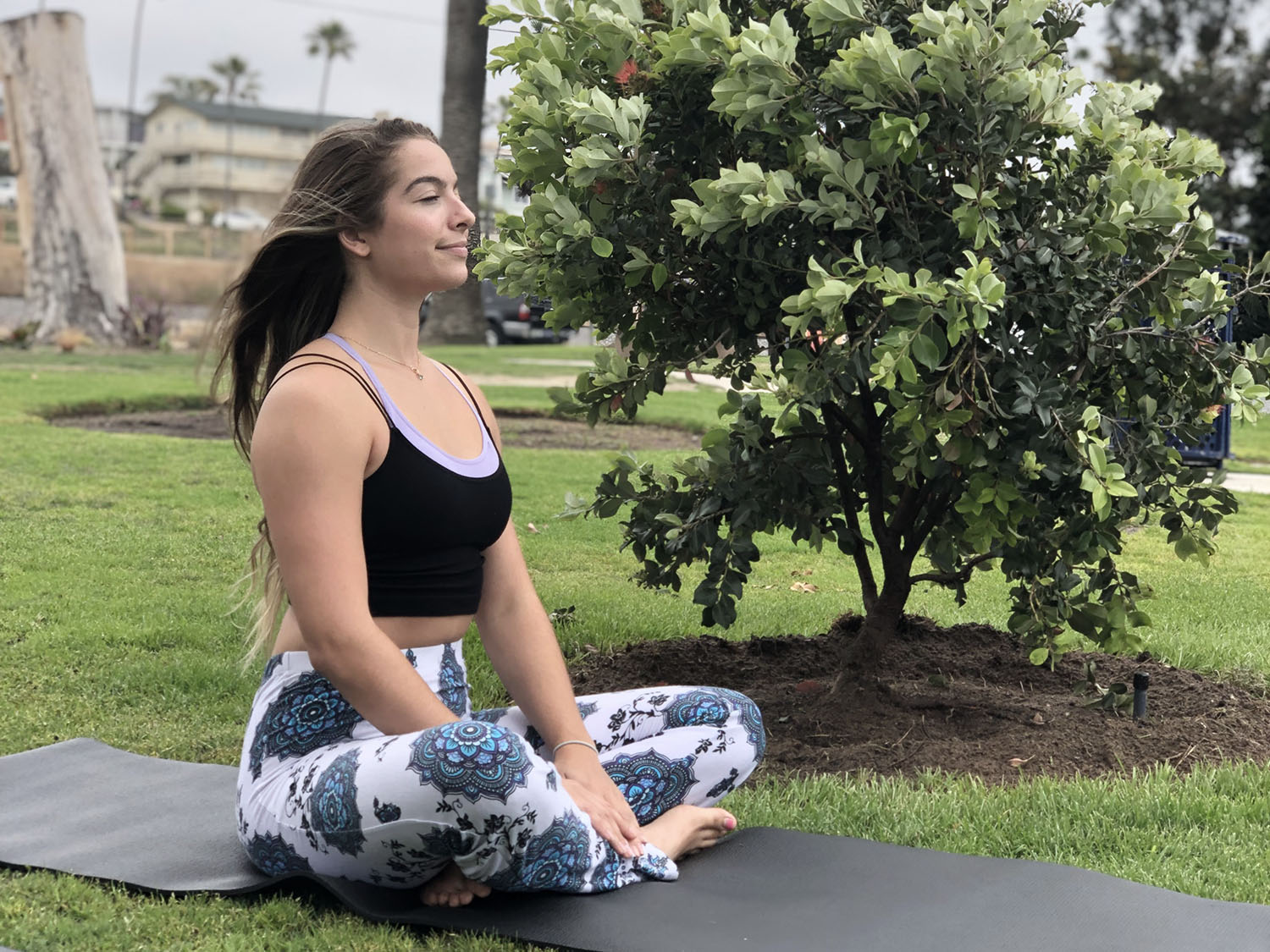Meditation and Surgery: Does The Mind Really Matter?
We’ve all heard it: “It just comes down to mind over matter.” But what if the “matter” is something as serious as a surgery? In those cases, maybe a better phrase would be “does the mind really matter?” Today, we’re looking into whether or not meditation and surgery could be the answer to a better patient experience.
Research on meditation and surgery for pre and post-op care shows that the mind does matter! In fact, it actually matters a lot. But what exactly is meditation and how is this somewhat mysterious practice supposed to support you through your procedure? In this post we’ll cover the wealth of research that has shown that meditation can:
- Boost your mental health
- Speed up recovery
- Reduce post-op pain

If the first thought that comes to mind when you hear the word “meditation” is Yoda sitting quietly on a rock, well, you can thank Hollywood for that. In reality, it’s nearly impossible to really define “meditation” with a straight forward set of parameters. In fact, there are almost as many forms of meditation as there are flavors of Oreos these days, each with its own style and nuances. But just like with Oreos, there’s something about sticking to the basics for meditation that make for effective mindful practice. Some simple things to keep in mind when starting your own meditation routine.
- Perception: This includes how you view your current mental state and the process of meditating as a whole. If for example, you go into your meditation thinking “I’ve got so much on my mind, so much to do, so many feelings and thoughts to sort out before I can even begin to clear my head,” or “This is silly, how is sitting and breathing going to help me? It seems like a waste of time…” it’s going to go about as well as you’d imagine. So if you’re just dipping your toes into the meditation pool, go into things with an open mind and try to focus less on doubts or shopping lists or whatever else is on your mind..
- Practice: As with any new skill, you have to dedicate some time to refine your craft. To reap the benefits, schedule a set time each day that’s solely devoted to your mindfulness practice.
- Separation: To successfully detach from your cluttered thoughts, you’ll have to detach from a cluttered world. For a lot of us, this is easier said than done, but it’s helpful to create a peaceful space and setting for your practice. By doing this, it’s much easier to sink into the calm and clear state that is optimal for meditation.
- Integration: This is the cherry on top of your meditation practice. Once you’ve really honed in on the ability to draw your mind inward, you’ll be able to implement the technique in the chaos of the outside world. Integrating your meditation skills during times of high stress (like getting ready for surgery *cough cough*) can significantly improve your relationships, mental health, and general quality of life.
We’ve covered the basics, so let’s dive a bit deeper into meditation and surgery and discuss three main aspects of an operation that can benefit from a mindfulness practice: pain management, mental and emotional well being, and recovery rate.

Putting Pain in Check
Have you ever been asked, “on a scale from 1 to 10, what level is your pain?” and wondered if your 6 was someone else’s 4?
Pain is a tricky topic and in general, isn’t completely understood by the medical and science communities. Due to the subjectivity involved, it can be a challenge to accurately measure the physiological vs psychosomatic symptoms of pain. However, if you’ve bumped your head or worn high heels, you know that pain is a very real sensation. Unfortunately, it’s also a common one for many patients, both before and after surgery.
Because of the mental and physical entanglement, research has honed in on meditation and surgery has honed in on mindfulness practices as a way to supplement traditional pain management techniques. In one study, researchers looked at the effects of implementing just 30 minutes of meditation for the first two days following an abdominal procedure. The results revealed a significant decrease in pain intensity on both day 1 and day 2 post-op, suggesting that meditation could be used to supplement the standard approach that relies on medication.
One major biological factor that has been directly linked to pain is inflammation. When reacting to trauma or illness, your body releases a chain reaction from the immune system to fight off pathogen invaders or counteract the effects of a cut or scrape. The effect of this process is an inflammatory response that produces a whole lot of physical discomforts, such as pain, redness, and swelling. So while our bodies are smart, they won’t know the difference between an injury or illness and an elective surgery. This is where meditation and surgery can go hand in hand.
A study out of Carnegie Mellon University found that mindfulness meditation can actually change how the brain fires, resulting in a reduction in both acute and chronic inflammation. This restructuring affects the release of Interleukin-6, an inflammatory “MVP” produced by our immune system. The mechanism appears to stem from an increased ability to manage both physical and mental stress as a result of the increased connectivity. These findings are not only promising for those of us who battle an anxious mind, but it also provides evidence in favor of mixing in a meditation practice before and after having a medical procedure.

Medicine for the Mind
Life can be really hard. Sometimes, really, really hard. We live in a crazy and tumultuous world, which is why it’s no surprise that mental illness is at an all-time high in the United States. When you compound the stressors of life on top of surgery, many patients find themselves struggling with pre or post-op depression and anxiety. And while medical care often focuses on mitigating physical discomfort after surgery, it’s becoming strikingly apparent that attention needs to be directed towards the psychology of recovering patients. In fact, one study revealed a link between mortality rates and depression following coronary bypass surgery — a statistic that should have western medicine paying close attention to patients’ emotional states.
Meditation provides a simple, inexpensive way of addressing mental health challenges, both during recovery and beyond. A study focusing on anxiety found that the introduction of meditation training reduced levels of post-op anxiety as well as circulating cortisol — our body’s main stress hormone. Just mark that up as another win for meditation!
Another study published in the Journal of Psychiatric Practice found that both meditation and mindfulness training significantly reduced levels of anxiety, depression, and general psychological distress in both acute sufferers and those suffering from chronic mental illness. As we continue to learn more about the connection between our mental and physical health, it’s clear that meditation may be the way of the future when it comes to keeping a happy and healthy headspace.

Rev-Up Recovery
We’ve talked about the link between stress and inflammation as a major culprit of post-op pain. Unfortunately, pain isn’t the only downside to feeling stressed: an uneasy mental state also has a way of stifling recovery time.
When we’re anxious or run down, our body ups the secretion of cytokines, our internal stress hormones. The result is a watered-down immune response that is less able to fight infection, or in the case of a surgery, promote recovery.
From an evolutionary standpoint, this makes a lot of sense — if we’re faced with external danger (say, a hungry lion, for example), our body will focus on keeping us alive by producing the optimal biological response. Cortisol, norepinephrine, and epinephrine are all “fight or flight” hormones that work in conjunction with cytokines to create a response that tells your body, “Hey, you might be attacked by that lion…time to act quickly”. The last thing our system will be worried about is relaxation and recovery which is perfect when you’re running from lions!
Unfortunately, our bodies don’t have a way to differentiate real-life stressors from an event like an operation. So while these stress hormones are great for survival, they aren’t the best for recovery from surgery.
Luckily, we have tools like meditation to help “teach” our system to relax when it believes we’re being exposed to harm, such as after a procedure.
Research has shown some promising insight into the positive impact meditation and visualization can have as a complement to traditional post-op care. These studies revealed that both forms of mindfulness training techniques promoted post-op recovery by improving the rate of surgical wound healing and reducing the length of time spent in the hospital. With evidence piling up to suggest the beneficial relationship between meditation and surgery, we’re starting to think our little friend Yoda was really on to something!

Ready to Steady Your Headspace?
If you’ve never given mindfulness meditation a try, we have a simple step by step practice to help you ease your way in. Remember, practice makes perfect, so if you can’t seem to clear your mind, don’t worry! You’ll have plenty of time to perfect your craft before and after surgery. Who knows, maybe meditation will make a regular appearance in your daily routine even after you’ve recovered!
Meditation For Beginners:
- Sit or lie down in a comfortable position, as relaxed as possible.
- Close your eyes. If available, place an eye mask or hand towel over your eyes to help discourage distractions.
- Make no effort to try and control your breath; breathe as you naturally would.
- Focus your attention on your breathing and on how your body moves with each inhalation and exhalation. Take note of the movement of your body as you breathe. Observe your chest, shoulders, rib cage, and belly. Focus your attention on your breath without controlling the pace or intensity. If your mind wanders, return your focus back to your breath.
Maintain this meditation practice for two to three minutes to start, and then try it for longer periods as you begin to feel more comfortable.
As evidence grows, it seems that meditation could be the secret weapon for patient recovery. Who would have thought that slowing down the mind could ultimately speed up the process of mending the body?


